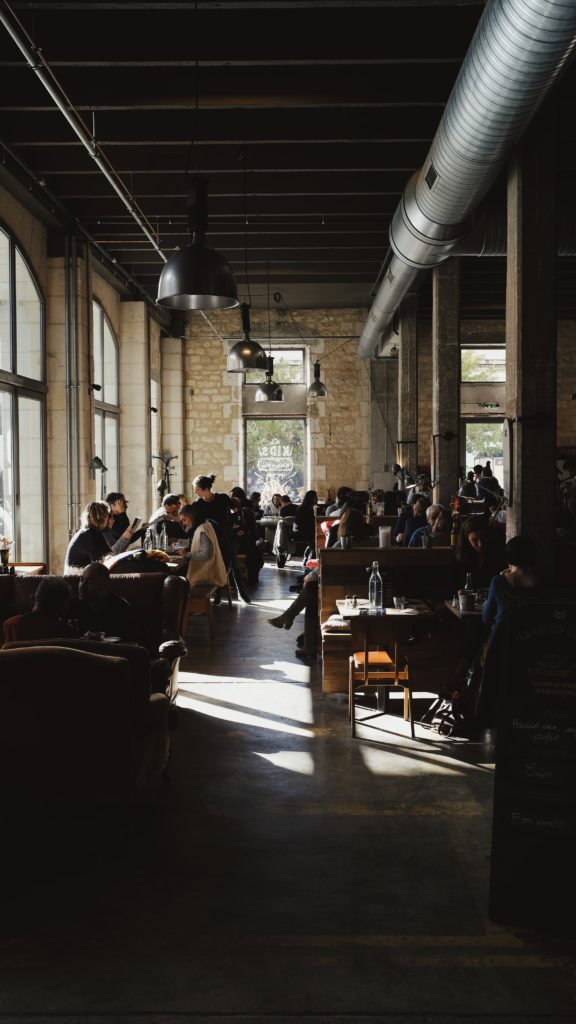One might compare trying to build a restaurant in France, the birthplace of traditional cuisine, to selling ice to Inuits. The French are notorious for spending a lot of money on eating out and are quite receptive to new flavor concepts and dining establishments, which is fortunate for foreign restaurant owners.

The steps needed to start a restaurant in France
The straightforward process for starting a restaurant is as follows:
Location
If you want to open a restaurant in a city like Paris, you should research your competitors in each neighborhood (called an arrondissement). A metro station is the focal center of most districts, which are frequently inhabited by cafés and bistros. Make sure you stand out from the crowd with your food or the design of your restaurant if you want to compete with more well-known establishments. Alternatively, if you opt for a quieter area, ensure adequate foot traffic to draw in passing customers. If you want to escape the city and prefer a location more akin to a French country village, be sure there are enough locals to serve during the slower tourist seasons; otherwise, you can have trouble filling the tables and your cash register.
Fiscal strategy
Plan your finances in writing. A list of the items your company needs as well as reputable nearby providers should be included. You need to carefully consider your suggested menu and determine how many units of food and drink you’ll need to shift to offset those prices once you’ve determined how much your weekly outgoings are. Include the cost of utilities, insurance, licenses, rent, and employee wages in your list of expenses. Consider hiring investors or looking into loans or grants from local banks and agencies that could help reinforce finances if you are using personal savings to cover any gap. Personal funds can quickly run out in the restaurant company, so be aware of this.
Licenses
Before a restaurant or bar may welcome customers in France, it must comply with several license requirements and legal requirements. At this point, paperwork and red tape are standard. When opening a restaurant in France, you must follow various rules on electrical safety, general safety, catering health, and hygiene. It is required that municipal authorities conduct routine inspections. You must register your business with the Direction Départementale de la Cohésion Sociale et de la Protection des Populations if your menu contains any meat- or fish-based dishes (DDCSPP). The fire department, the police, and the Conseil général will all conduct inspections as part of the security check, which you must arrange through the town hall. Each of these authorities has the authority to evict businesses that break the law. Understanding the language will enable you to speak with the authorities efficiently in this situation.
Hiring employees
Contracts are likely to be checked regularly by inspectors in popular tourist destinations. When business is brisk during peak tourist season, you may lawfully hire someone temporarily or for a limited time; nevertheless, you must make sure that the employment is officially registered with the labor authorities. If you hire seasonal workers, it’s a good idea to keep track of each person’s address, birthdate, job title, and start date in addition to a copy of their employment contract in case the inspectors come to inspect your business.
Other standards that French restaurants must adhere to
The SACEM license, which permits the owner of the business to play music on the premises, is another significant license that can be secured when starting a restaurant in France. Additionally, it is required that the restaurant engage qualified staff members who are registered with the social security system. The employees of the restaurant must adhere to French hygienic laws and possess the requisite training and experience in some circumstances. The restaurant is required to post its operation hours, drink prices, and ratings.







